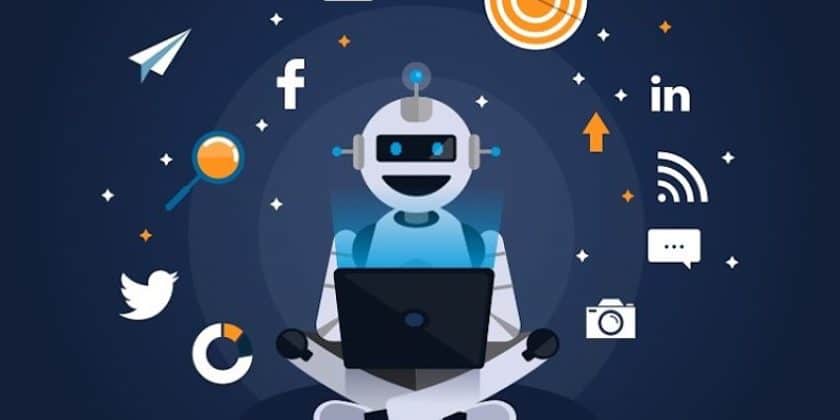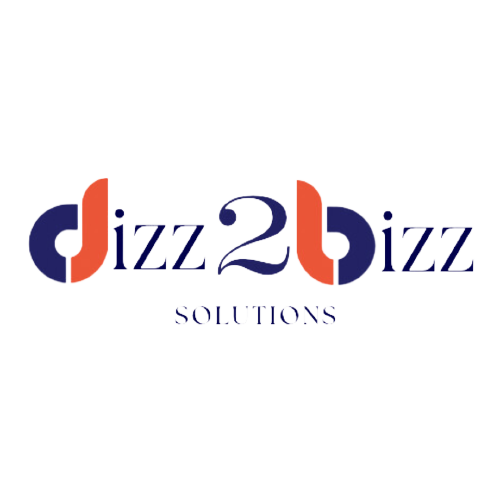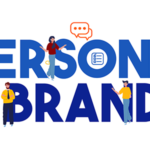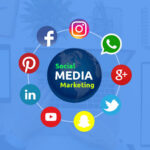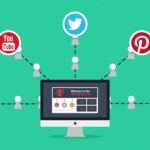Artificial Intelligence (AI) has revolutionized various industries, and marketing and advertising are no exceptions. Companies are increasingly leveraging AI technologies to enhance their marketing strategies, optimize advertising campaigns, and deliver personalized experiences to their customers. In this article, we will explore how companies are utilizing AI in marketing and advertising, supported by real-world examples.
One of the primary applications of AI in marketing is customer segmentation and targeting. AI algorithms analyze vast amounts of customer data, including demographics, preferences, online behavior, and purchase history, to identify distinct customer segments. This enables companies to tailor their marketing messages and promotions to specific target audiences. For instance, Amazon uses AI-powered recommendation systems to suggest personalized product recommendations based on customers’ browsing and purchase history.
Another significant application of AI in marketing is chatbots and virtual assistants. These AI-powered tools enable companies to provide instant customer support and engage with customers in real-time. Chatbots can answer frequently asked questions, provide product recommendations, and even assist with purchases. For example, Sephora’s chatbot on Facebook Messenger offers makeup tips, product suggestions, and appointment scheduling services.
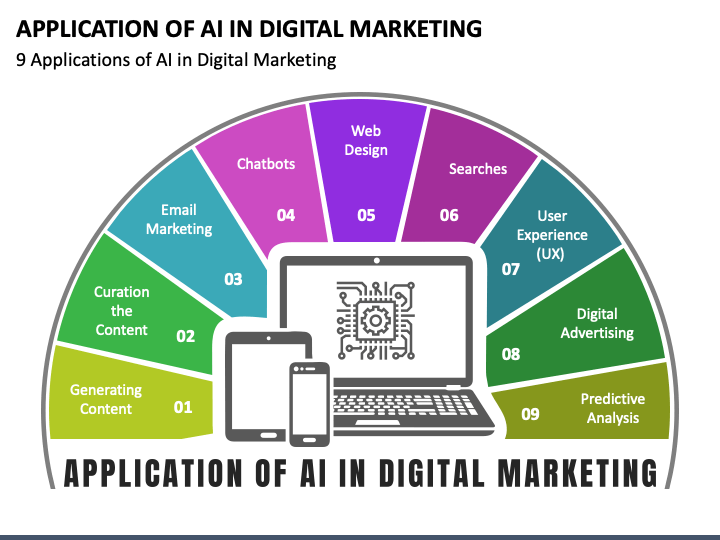
AI also plays a crucial role in programmatic advertising. Programmatic advertising uses AI algorithms to automate the buying and selling of ad inventory in real-time. It analyzes user behavior data to deliver targeted ads at the right time and on the most relevant platforms. Companies like Google utilize AI algorithms in their programmatic advertising platform to optimize ad placements based on user preferences and increase ad performance.
Personalization is another area where AI is transforming marketing and advertising. By analyzing user data, AI algorithms can create personalized content tailored to individual customers’ preferences. Netflix leverages AI algorithms to recommend movies and TV shows based on users’ viewing history and preferences. This personalized approach enhances customer engagement and increases the likelihood of conversions.
AI-powered content creation is also gaining traction in marketing. Companies are utilizing AI algorithms to generate compelling and relevant content at scale. For instance, The Washington Post uses an AI tool called Heliograf to generate news articles on specific topics.
This enables companies to produce a large volume of content quickly and efficiently, freeing up human resources for more strategic tasks.
AI is also being used in social media marketing. Platforms like Facebook and Instagram utilize AI algorithms to analyze user behavior and preferences, allowing companies to target their ads to specific audiences. AI-powered tools can identify trends, sentiment, and engagement levels, helping companies optimize their social media campaigns. For example, Coca-Cola used AI to analyze social media data during the FIFA World Cup, allowing them to create personalized ads based on real-time conversations and reactions.
Furthermore, AI is transforming the field of search engine optimization (SEO). Companies are using AI algorithms to analyze search patterns and user intent, enabling them to optimize their websites and content for better search engine rankings. AI-powered SEO tools can identify keywords, suggest content improvements, and analyze competitor strategies. For instance, Moz’s Keyword Explorer uses AI to provide keyword suggestions and help businesses improve their organic search rankings.
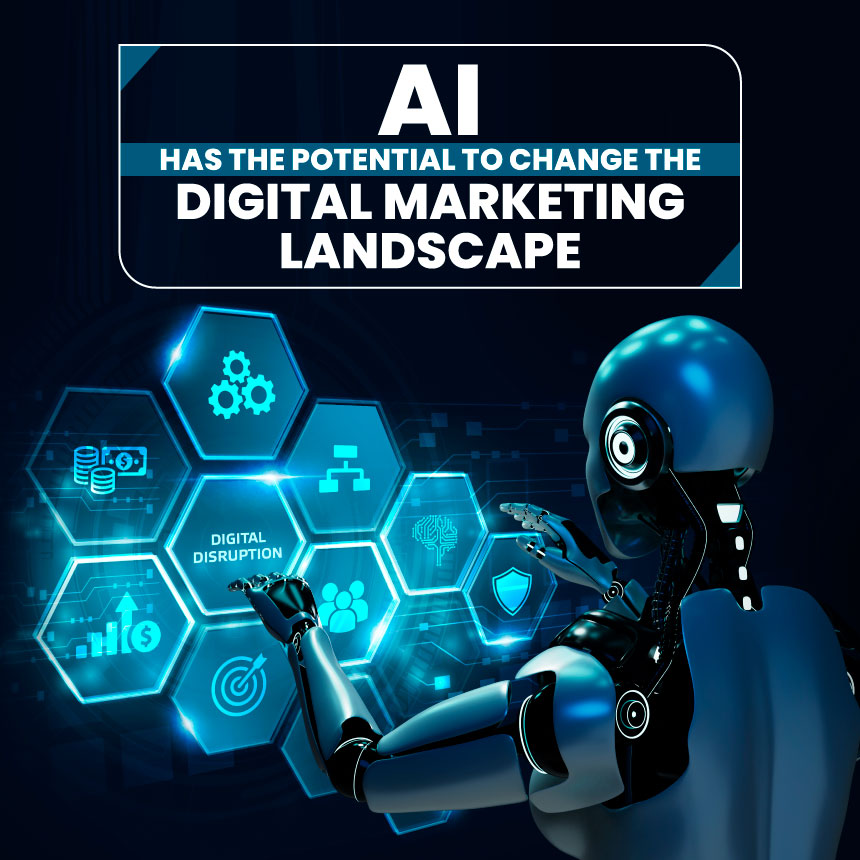
In addition to these applications, AI is also being utilized in influencer marketing. Companies can use AI algorithms to identify relevant influencers based on audience demographics and engagement metrics. This helps companies find influencers who align with their brand values and have a genuine impact on their target audience. For example, L’Oreal partnered with an AI platform called Traackr to identify beauty influencers who would resonate with their target market.
Moreover, AI is transforming the way companies analyze marketing data. Traditional methods of data analysis can be time-consuming and prone to human error. AI-powered analytics tools can process large volumes of data quickly and accurately, providing valuable insights into customer behavior, campaign performance, and market trends. This allows companies to make data-driven decisions and optimize their marketing strategies in real-time.
In conclusion, artificial intelligence is revolutionizing the field of marketing and advertising. Companies are leveraging AI technologies for customer segmentation, chatbots and virtual assistants, programmatic advertising, personalization, content creation, social media marketing, SEO, influencer marketing, and data analysis. These applications of AI enable companies to deliver personalized experiences, optimize their campaigns, and make data-driven decisions. As AI continues to advance, we can expect even more innovative uses of AI in marketing and advertising.
